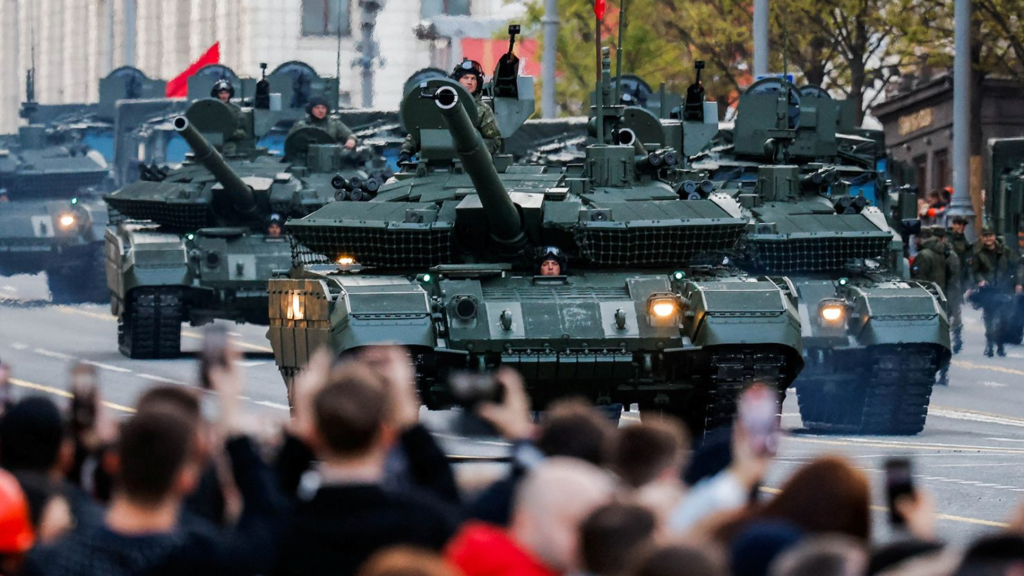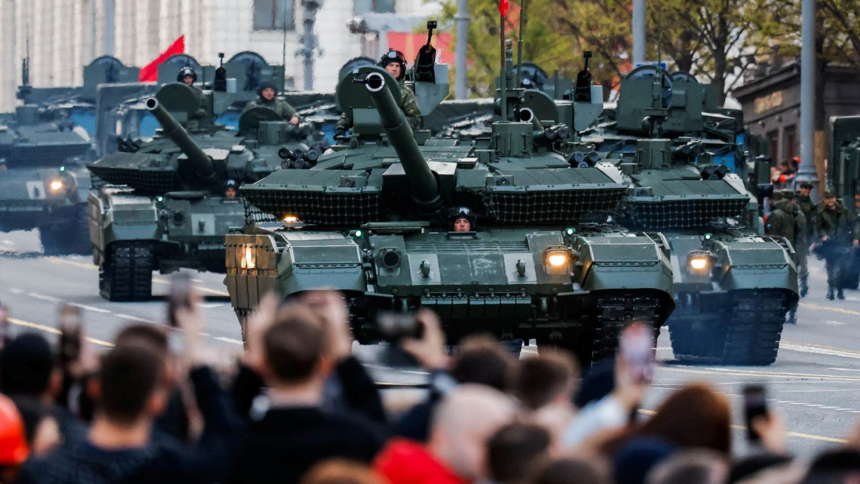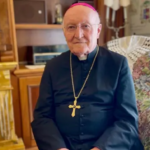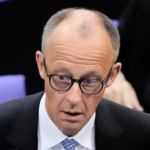Introduction
In a tense escalation just days before Russia’s annual World War II Victory Day parade, the Kremlin has accused Ukraine of launching a drone attack on Moscow. This alleged strike adds to the already volatile atmosphere between the two nations and raises concerns over the security of one of Russia’s most symbolic national events. Here are the top five key facts you need to know about this latest development in the ongoing Russia-Ukraine conflict.



1. Drone Interception Over Central Moscow
According to the Russian Ministry of Defense, its air defense systems intercepted and neutralized several drones approaching Moscow. The incident reportedly occurred around 4:00 AM local time, with explosions heard near the city’s administrative and government districts. Although no casualties have been confirmed, unverified footage circulating on Telegram and X (formerly Twitter) shows smoke rising from areas not far from Red Square.
Officials claim the drones were part of a deliberate attempt by Ukrainian forces to disrupt national morale and instill fear ahead of Victory Day on May 9 — a public holiday that commemorates the Soviet Union’s triumph over Nazi Germany in 1945.
2. Ukraine Maintains Strategic Ambiguity
In line with its usual policy, the Ukrainian government has neither confirmed nor denied responsibility for the drone strike. This “strategic silence” has become a hallmark of Ukraine’s response to military activity on Russian soil. Some military analysts suggest the silence is tactical — intended to keep Moscow guessing while avoiding international backlash.
Unnamed Ukrainian defense sources have told international media outlets that while no direct claim is being made, the operation reflects Ukraine’s increasing ability to carry out long-range, high-impact precision strikes.
3. Victory Day Parade Now Under Scrutiny
Victory Day is not only a historical commemoration in Russia but also a display of military power and patriotic fervor. President Vladimir Putin often uses the day to rally support for Russian global strength. The timing of the alleged drone strike — mere days before this parade — is highly symbolic.
The Kremlin has accused Ukraine of trying to “derail national pride” and “undermine Russian sovereignty,” hinting at more aggressive retaliatory measures. As a result, Moscow has placed surface-to-air missile systems on standby and ramped up security protocols across the capital.
4. Escalation in Drone Warfare
Drones have become a defining feature of modern warfare, and the Russia-Ukraine conflict is no exception. Both countries have increasingly employed drones not just for reconnaissance but for direct strikes on military and infrastructural targets. This recent incident, however, indicates a bold shift — drones reaching the political and symbolic heart of Russia.
Open-source intelligence (OSINT) analysts suggest Ukraine may be using domestically produced long-range drones capable of bypassing traditional radar detection. If true, this represents a significant evolution in Ukraine’s strike capacity, and a serious vulnerability in Russia’s homeland defenses.
5. Global Reactions and Strategic Ramifications
International leaders, especially within NATO and the EU, have expressed concern about the rising stakes. While many Western powers support Ukraine’s right to self-defense, attacks on Russian soil — particularly Moscow — could be seen as provocative and potentially escalate the conflict beyond Ukraine’s borders.
U.S. and EU officials have called for restraint and reiterated support for diplomatic channels. Meanwhile, China has also weighed in, urging both sides to avoid actions that could intensify the war. Analysts believe the drone strike may prompt Russia to reconsider the scope and scale of its retaliation, possibly targeting civilian infrastructure in Ukraine with more intensity.
Conclusion
The alleged drone attack on Moscow marks a dangerous turning point in the Russia-Ukraine war. As one of the first direct threats to the capital city since the war began, it shakes public confidence and pressures the Kremlin ahead of one of its most symbolic holidays. Whether Ukraine was directly behind the attack or not, the message is clear — the war is no longer confined to frontlines and border towns.
With the Victory Day parade looming, the world is watching closely. Will Russia escalate in response? Will global powers step in to mediate? And most importantly — is this a sign of a new phase in the war?
For deeper insight into how this event fits into the broader timeline, check out our related article: Ukraine Conflict Timeline.
Stay updated: Subscribe to our newsletter for real-time coverage on Russia, Ukraine, and other major geopolitical events.









